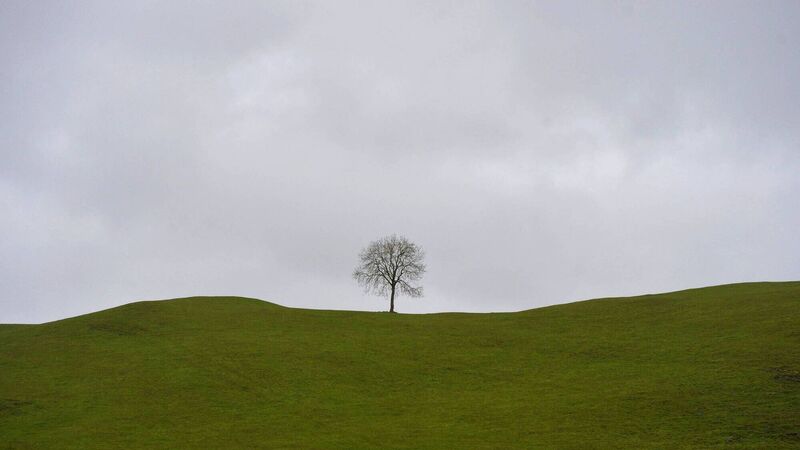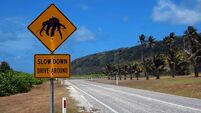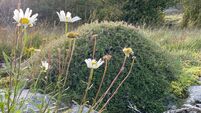Donal Hickey: Don't take chances with a fairy tree — even if you're not spooked by a púca

A fairy tree: belief that enormous riches were buried under certain trees was once widespread, which may explain placenames such as Skeaghanore (thorn of gold), near Ballydehob, in West Cork. Picture: Charles McQuillan/Getty Images
We’re told that belief in fairies and an ‘otherworld’ populated by strange spirits has diminished. Yet, there’s a contradiction — a belief in some form of vengeance from that mysterious world still exists widely.
For example, very few people are prepared to damage an ancient, or fairy, fort in any way because of superstition and a fear that harm could come to them if they did. That’s equally true of fairy trees, which are often in forts.








